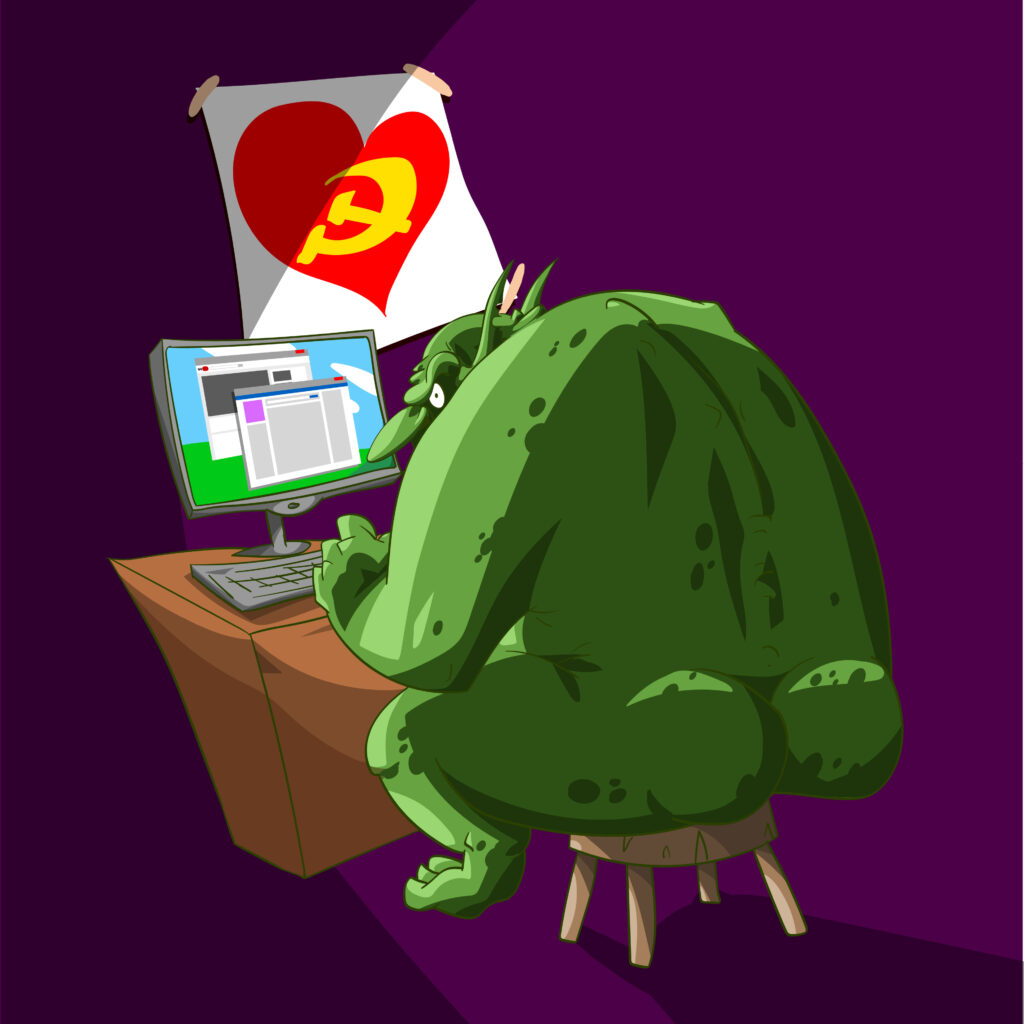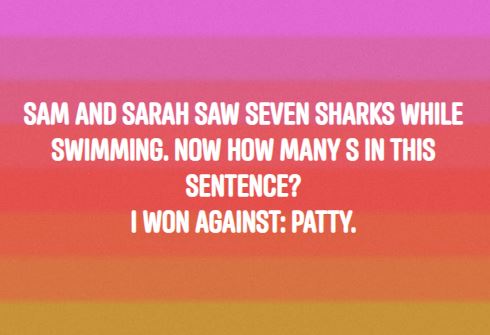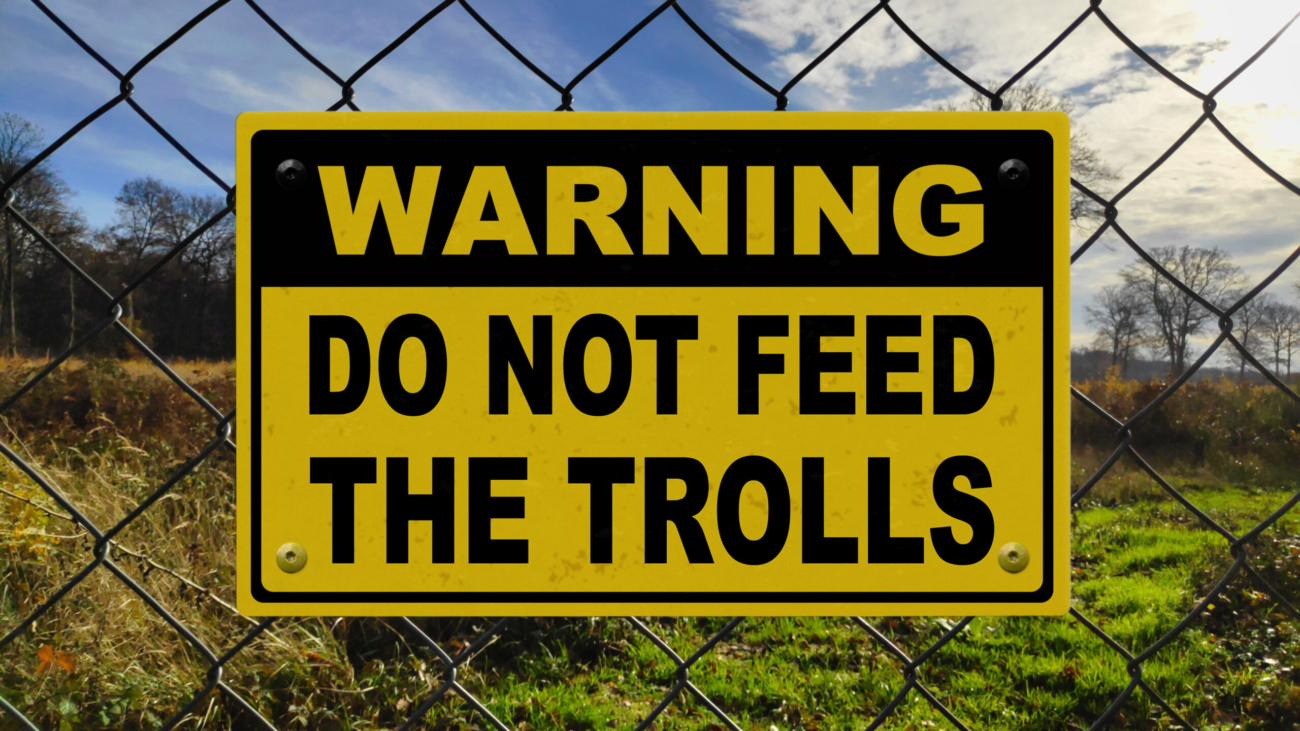If I Commit Suicide, I Didn’t – John McAfee
John McAfee, the feral entrepreneur and antivirus software pioneer, led a life that was as complex and controversial as the products he developed. His sudden death in June 2021, officially ruled as suicide, has spurred a plethora of questions, instance on further investigations, and some wild conspiracy theories and speculations, This article delves into the enigmatic life of John McAfee, explores the theories surrounding his death, and attempts to shed light on the lingering questions that persist.

The Life of John McAfee
Born on September 18, 1945, in the United Kingdom, John David McAfee gained fame as the founder of the cybersecurity company McAfee, which introduced one of the first commercial antivirus software in the 1980s. His success, however, was marred by legal troubles, personal controversies, and a series of high-profile incidents.
After selling his stake in McAfee Associates, he went on to pursue various ventures, including the development of alternative medicine and the creation of a privacy-focused smartphone. His extravagant lifestyle, adventurous spirit, and outspoken nature fueled media interest and added to his notoriety.

Legal Troubles and Exile
McAfee faced legal challenges in Belize, where he lived for several years. Accused of involvement in the death of his neighbor Gregory Faull, McAfee went into hiding, claiming that he was being targeted by local authorities. His time on the run included a bizarre series of events, including disguises, elaborate ruses, and even a short-lived presidential campaign in the United States.
Watch more on Gringo: The Dangerous Life of John McAfee https://amzn.to/48eFEd3.

Return to the Spotlight
In 2019, McAfee resurfaced in the public eye when he was arrested in Spain at the request of U.S. authorities for tax evasion. Facing extradition to the United States, he continued to maintain his innocence and insisted that the charges were politically motivated.
The Mysterious Death
On June 23, 2021, John McAfee was found dead in his prison cell in Spain, an apparent victim of suicide. However, given his history, the circumstances surrounding his death have fueled speculation and conspiracy theories.
Conspiracy Theories
Epstein Parallels
Some theorists draw parallels between McAfee’s death and that of Jeffrey Epstein, the financier and convicted sex offender. They argue that powerful figures may have orchestrated McAfee’s demise to prevent him from revealing sensitive information.
— illuminatibot (@iluminatibot) January 1, 2023
Dead Man’s Switch
McAfee had frequently claimed to possess sensitive information that could expose corruption in high places. Some speculate that he had set up a “dead man’s switch” – a mechanism that would release damaging information in the event of his death.
👇👀👇👀👇👀👇👀👇👀👇
McAfee- Dead man switch- Activated👀👀👀👀 https://t.co/XWYqSBKKaM— RTR❤️ 🇺🇸“17”🇺🇸#1776 (@RTR175) July 25, 2021
Assassination Claims
Given McAfee’s colorful history, some conspiracy theories propose that he was assassinated by individuals or entities threatened by the information he possessed.
This clip is from an interview released Feb 2019. In it John is speaking about the Belizean government, explaining why he had a target on his back & why those in power were afraid of him.
He died June 23, 2021.#JohnMcAfeeDidNotKillHimself#GoneButNotForgotten#LegendsNeverDie https://t.co/UecJr81GXb
— John McAfee (@officialmcafee) December 4, 2023
Official Findings and Controversies
The official autopsy and investigation concluded that John McAfee died by suicide. However, doubts persist, with some questioning the thoroughness of the investigation and the veracity of the findings.
Conclusion
The life and death of John McAfee remain shrouded in mystery and intrigue. While official reports point to suicide, the controversial circumstances and the entrepreneur’s own claims of being a target for powerful interests have given rise to numerous theories. As with many high-profile deaths, the truth may never be fully unraveled, leaving room for speculation and skepticism. John McAfee’s legacy is one that combines technological innovation with legal troubles, eccentricity, and a cloud of uncertainty that continues to captivate public interest.
Winter Solstice 2023
Thu, Dec 21, 2023, 10:27 PM
Eastern Time
The Sweet Sybarite has gathered posts from the socials sharing great ways to celebrate the Yuletide. How does your family commemorate the darkest day of the year?
Bad Actors Online: Unraveling the Differences Between Trolls, Internet Scammers, and Like Farmers
The vast landscape of the internet is home to a variety of digital creatures, some harmless and others more nefarious. In this article, we delve into the major differences between trolls, internet scammers, and like farmers—three distinct entities that operate within the virtual realm with varying intentions and impacts.
Trolls

Trolls are the mischievous troublemakers of the internet. These individuals seek to provoke emotional reactions and create chaos within online communities. Trolling can take various forms, including spreading false information, engaging in inflammatory discussions, and purposefully disrupting conversations. Trolls thrive on attention and often hide behind anonymity, making it challenging to identify and confront their behavior. Unlike internet scammers, trolls generally do not have a direct financial motivation but instead revel in the disruption and discord they sow.
Internet Scammers

Internet scammers, on the other hand, have a more concrete objective: financial gain through deceit. Scammers employ a myriad of tactics to trick individuals into providing sensitive information, such as personal details or banking credentials. Common scams include phishing emails, fraudulent websites, and online schemes that promise lucrative returns. Unlike trolls, who seek attention and chaos, internet scammers are driven by a desire for financial exploitation, preying on the trust and vulnerability of unsuspecting internet users.
Like Farmers

Like farming is a relatively recent phenomenon, particularly prevalent on social media platforms. Like farmers aim to amass a large number of likes, shares, and followers by creating and promoting content designed to go viral. This seemingly harmless pursuit, however, often involves the use of deceptive tactics, such as clickbait and sensationalized content. Once these like farmers accumulate a substantial following, they may sell or exploit their accounts for financial gain or to spread a particular agenda. The primary motivation here is not necessarily to disrupt or scam but rather to build a digital asset that can be monetized or wielded for influence.





Major Differences
Motivation:
Trolls: Seek attention and chaos.
Internet Scammers: Driven by financial gain through deceit.
Like Farmers: Aim to accumulate likes, shares, and followers for various purposes.
Methods:
Trolls: Engage in provocative and disruptive behavior.
Internet Scammers: Utilize deceitful tactics for financial exploitation.
Like Farmers: Create content designed to go viral and accumulate social media engagement.
Impact:
Trolls: Create emotional distress and chaos within online communities.
Internet Scammers: Financially exploit unsuspecting individuals.
Like Farmers: Build digital assets for financial gain or influence.
Conclusion:
In the intricate web of the internet, understanding the distinctions between trolls, internet scammers, and like farmers is crucial for users to navigate the digital landscape safely. By recognizing the motivations, methods, and impacts of these entities, individuals can better equip themselves to identify and guard against the diverse challenges posed by these digital creatures. Whether dealing with disruptive trolls, deceptive scammers, or opportunistic like farmers, internet users can employ informed and vigilant practices to foster a safer online experience.
Exquisite Elegance: The Perfect Christmas Engagement for the Modern Gentleman
Exquisite Elegance, the Christmas Proposal.
Facebook Like Farming
What is Like Farming and Why Do They Do It?
Facebook pages are dominated by posts trying to get you to like and share, copy and paste, or even fall for a fake offer. This article will explain what scammers are attempting to do and how you can prevent yourself from being a victim.
Like Farming – This shows itself in a lot of different forms. I’m 120. Can I get 100 likes? My wife says I can XYZ if I get 1,000,000 likes. They can be fun loving such as Like this goat just because.
Like farming also pulls on your heartstrings with images of children and animals suffering asking for likes. Or it can be provocative, requesting likes for very politically charged issues or asking people to show their support of a cause or even support for the President.



According to Malware Bytes, most of the posts created with the intention of like-farming have one or more of these characteristics:
- “I bet that [this subject] does not get a million likes,” where the subject is a mistreated animal, an unfortunate child, or anything else that deserves our sympathy.
- “90 percent fail this test,” where you can usually spot the answer in less than 10 seconds.
- “This is your chance to win an iPhone!” or any other desirable and expensive prize.
- “Combine the month you were born in and the last thing you bought to find your vixen name.” The combinations are endless, but the answers will reveal some of your personal data.
- “Respond to this statement if you are a true friend. I think I know who will answer.” If you have “friends” that will unfriend you when you don’t participate—good riddance.
- “Facebook will donate one dollar for every like to this good cause.” Trust me on this one: Facebook will not.
- “Send this to 10 of your Facebook groups to receive [a reward],” where the reward could be anything from eternal happiness to Disneyland tickets.
- “Share this and see what happens.” Nothing happens, except maybe a feeling of frustration.
- The posts often include a time limit. This is so you don’t take the time to think it through, and it give
Explained: like-farming: Malwarebytes Labs , Arntz https://www.malwarebytes.com/blog/news/2019/04/explained-like-farming

Like Farmers are not as malevolent as scammers and hoaxers (discussed in future articles), but they are trying to use you and get you to reveal your personal data so that they can sell it to the highest bidder.
Do You Believe in Ghosts or Spirit?
The Sweet Sybarite wants to know.







